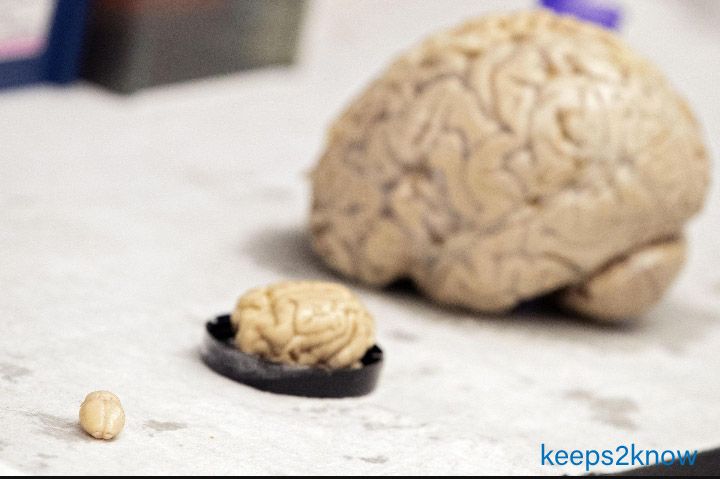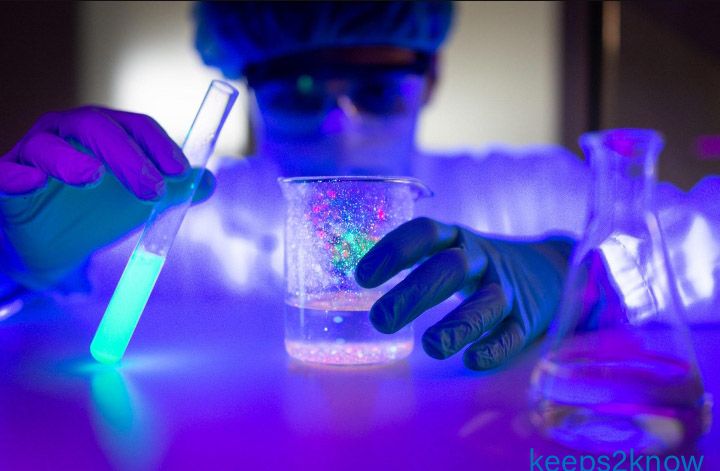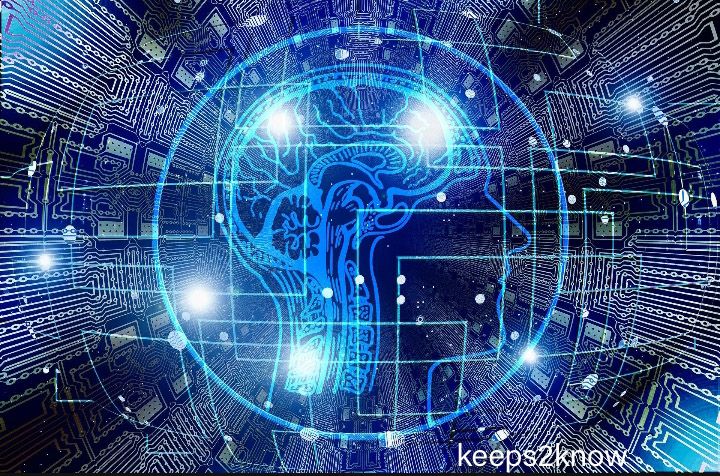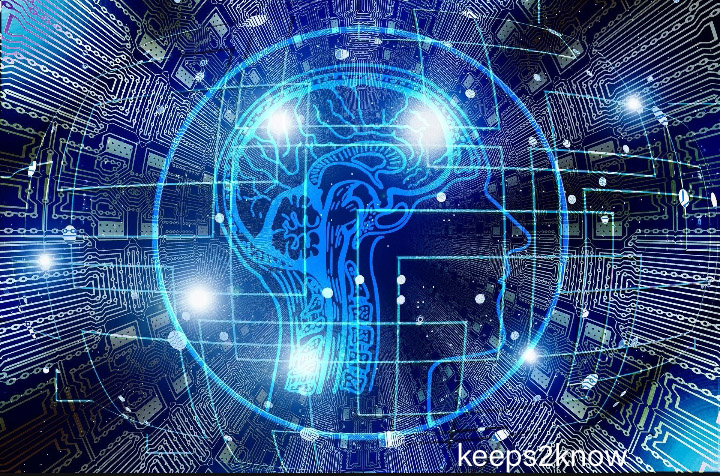In a groundbreaking development at the intersection of biology and artificial intelligence, scientists have unveiled a new frontier called “Organoid Intelligence.” This cutting-edge approach involves growing miniature brain-like structures, known as organoids, in a petri dish to study and potentially enhance artificial intelligence (AI).

Organoids are three-dimensional cell cultures that mimic the structure and function of human organs. In the context of Organoid Intelligence, researchers focus on cultivating brain organoids, which are tiny, self-organizing neural tissue structures. These miniature brains offer a unique opportunity to delve into the complexities of human brain function and neurobiology.
The key innovation lies in leveraging these organoids to enhance AI capabilities. By exposing the brain-like structures to various stimuli, researchers aim to observe and understand how neural networks form, adapt, and learn. This novel approach could lead to significant strides in creating more sophisticated and adaptable AI systems.

Dr. Emily Chen, a neuroscientist leading one of the pioneering research teams, explains, “Organoid Intelligence enables us to explore the dynamic processes of learning and memory formation within a controlled environment. The insights gained from studying these miniature brains could revolutionize our understanding of AI algorithms and potentially pave the way for more efficient and intelligent machines.”
The potential applications of Organoid Intelligence are vast. It could aid in developing AI systems that better mimic human cognitive abilities, leading to advancements in natural language processing, pattern recognition, and problem-solving. Additionally, the technology might provide valuable insights into neurological disorders, fostering progress in the field of medicine.

However, ethical considerations surround the creation and use of organoids, especially those designed to replicate aspects of the human brain. Critics raise concerns about the moral implications of manipulating brain-like structures outside the body and the potential for unintended consequences.
As research progresses, scientists are working in tandem with ethicists and regulatory bodies to establish guidelines for the responsible use of Organoid Intelligence. Striking a balance between scientific innovation and ethical considerations will be crucial in navigating the uncharted territory of merging biology and AI.
The journey towards Organoid Intelligence marks a paradigm shift in our approach to understanding and advancing artificial intelligence. As scientists unlock the secrets held within these tiny brain-like structures, the potential to empower AI with human-like cognitive abilities becomes an increasingly tangible reality.

This convergence of biology and AI not only promises technological advancements but also poses philosophical questions about the nature of intelligence and the ethical boundaries of scientific exploration. The dialogue between the scientific community, policymakers, and the public will be pivotal in shaping the future of Organoid Intelligence and its impact on the landscape of artificial intelligence.

























+ There are no comments
Add yours